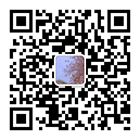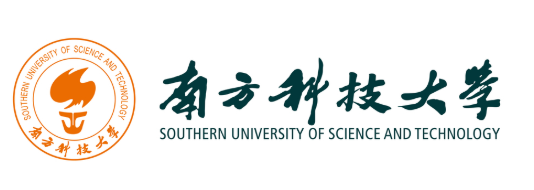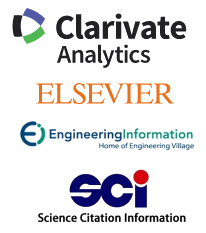Welcome to
ICFTIC 2020
The 2020 2nd International Conference on Frontiers Technology of Information and Computer (ICFTIC 2020) is to bring together innovative academics and industrial experts in the field of Frontiers Technology of Information and Computer to a common forum. The primary goal of the conference is to promote research and developmental activities in Information and Computer and another goal is to promote scientific information interchange between researchers, developers, engineers, students, and practitioners working all around the world.
We are delighted to invite you to participate in ICFTIC2020. The topics of interest for submission include, but are not limited to:
I
|
|
|
|
|
|
|
|
|
|
|
|
|
|
|
|
|
|
|
|
|
|
|
II
|
|
|
|
|
|
|
|
|
|
|
|
|
|
|
|
|
|
|
III
|
|
|
|
|
|
|
|
|
|
|
|
|
|
|
|
|
|
|
|
IV
|
|
|
|
|
|
|
|
|
|





